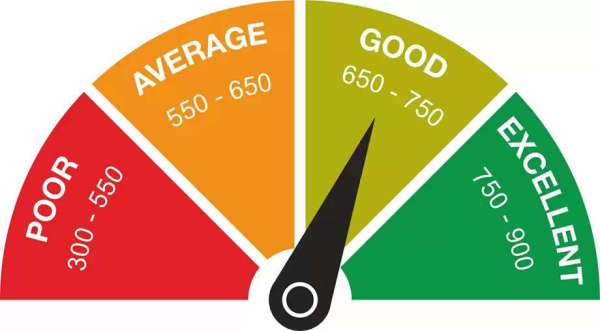
(By Pallavee Dhaundiyal Panthry)
"Saving the planet begins at breakfast," says Jonathan Safran Foer, author of ‘We Are the Weather’. One of the most radical things you can do, especially as a consumer in a world of climate crisis, is change what's on your plate, the American author demands.
Well, when we think of climate action, we often imagine solar panels, electric vehicles, or government policies. But there's something even more immediate and personal that can help reduce carbon emissions and it’s our daily diet.
Yes, it’s our everyday food choices, especially a shift toward plant-based eating, can significantly lower carbon footprint and support nature in capturing carbon from the atmosphere.
The Food And Carbon Connection
Food production is responsible for about one-quarter of global greenhouse gas emissions. Within that, animal agriculture alone accounts for nearly 14.5%, according to the United Nations Food and Agriculture Organization (FAO). From methane produced by livestock to forests cleared for grazing, the environmental impact of meat and dairy is massive.
By contrast, a study published in Science reveals that switching to a plant-based diet can reduce food-related carbon emissions by up to 73%. That’s not just good for the environment, it’s a direct, daily climate action within your control.
How Eating Plants Helps Capture Carbon
It’s not so difficult to understand how plant-based diets don’t just cut emissions, they free up land too. Today, billions of hectares are used for grazing animals or growing animal feed. If more people shifted to plant-rich diets, this land could be rewilded or reforested.
A study by Leiden University found that this kind of dietary transition could help restore nature at scale, potentially removing up to 98.3 billion tonnes of CO₂ from the atmosphere by 2100 through land restoration alone.
This is a powerful example of what scientists call the “double climate dividend”, we cut emissions while also creating space for ecosystems to absorb carbon naturally.
Bite By Bite Check The Impact
- Producing 100 grams of beef protein emits 35 kg of CO₂, while the same from peas emits just 0.4 kg (Our World in Data).
- Swapping a beef burger for a bean burger reduces your meal’s carbon footprint by over 90%.
- A single day on a vegan diet can save 1,100 gallons of water, 30 sq ft of forest, and 20 pounds of CO₂ emissions.
These are not minor numbers. Multiply that by months, years, and millions of people, and the climate impact becomes enormous.
Not All, Just Little Steps
You don’t need to go fully vegan to make a difference. Even small, consistent changes count:
- Try meatless Mondays
- Choose plant-based milk over dairy
- Replace meat with lentils, beans, or tofu in a few weekly meals
Studies show that even partial shifts in diets, especially in high-income countries, can help remove up to 100 billion tonnes of CO₂ by the end of the century (Nature Food, 2022).
The Bigger Picture
Take a note: By 2050, dietary transitions could help cut food-related emissions by nearly one-third, halt deforestation, and enable rewilding of land that can lock away hundreds of billions of tonnes of carbon. With growing investments in plant-based innovation and consumer willingness on the rise, the momentum is building.
The climate crisis demands bold, scalable solutions and the shift toward plant-based diets is one of the most accessible, high-impact steps we can take today. It’s about climate survival and global regeneration.
Pallavee Dhaundiyal Panthry is the Chief Communication Advisor (Sustainability) at World of Circular Economy (WOCE)
-
FD Update: This bank is giving the highest interest on FD, you will get a profit of Rs 47,015 on an investment of Rs 2 lakh..

-
Bank holidays: Now banks will work for only 5 days, there will be 2 days holiday, new rules will be applicable from this day..

-
CIBIL Score for loan: You are not getting loan due to bad CIBIL score, in this way the bank will give money quickly..

-
Home Loan: If you are not paying the EMI of home loan then you will have to bear these 5 big losses..

-
Senior citizens: Senior citizens are having a great time, these 5 banks are giving bumper interest on FD, people are investing heavily..
